It’ll be surprising to learn that there are surprising amounts of germs on some items than you may have ever imagined. To keep you safe, we’ve compiled some things in your home that need more than regular cleaning to keep them hygienic.
Kitchen Sponge
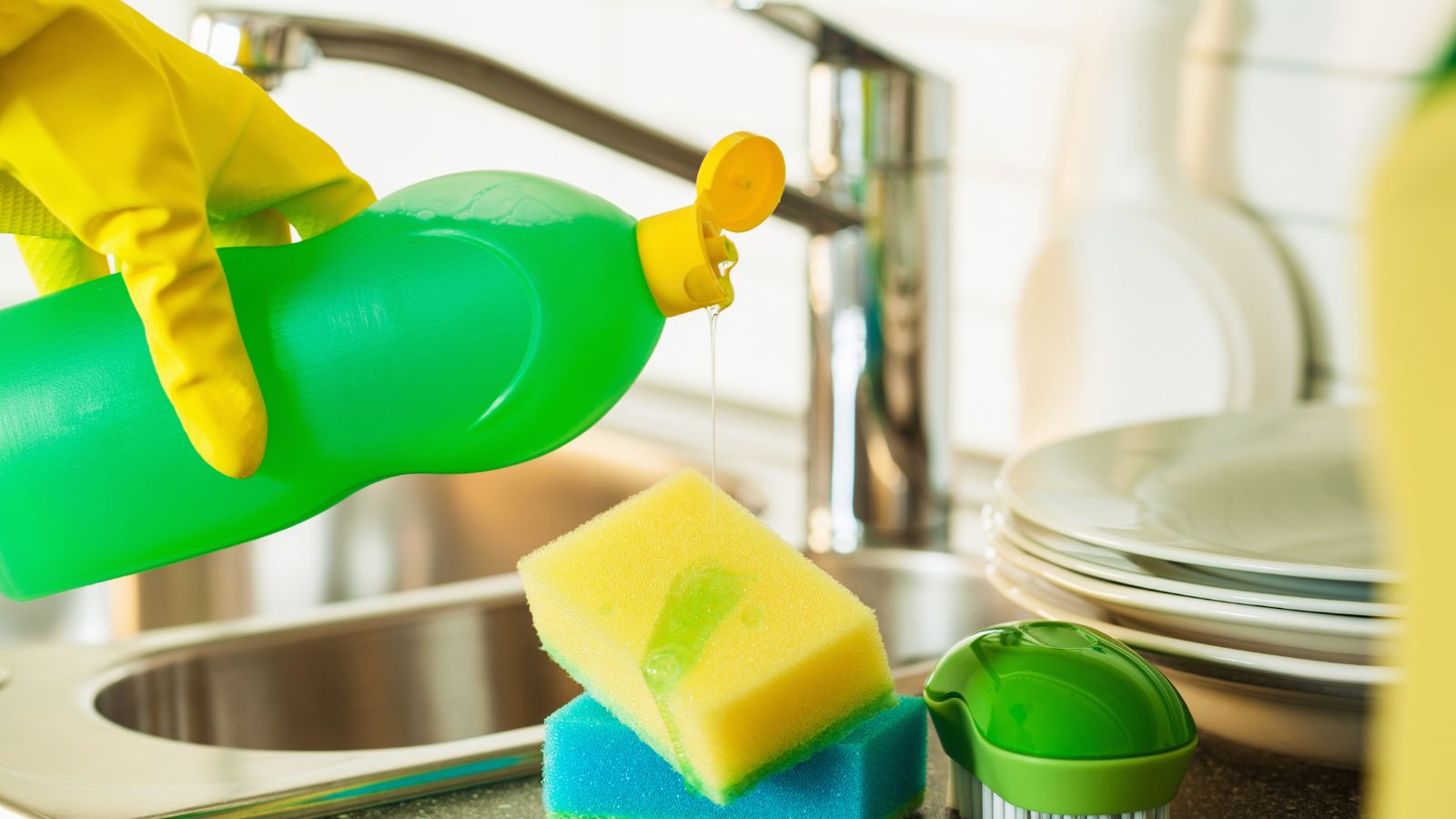
Kitchen sponges are so germ-ridden that they’re said to contain over 350 variants of germs and also have over 40 billion bacteria per square centimeter. What’s more concerning about this is that they’re supposed to help clean plates, but they cross-contaminate them with these germs. Like CNN shares, kitchen brushes are more hygienic and should be your preferred tools.
Toothbrush Holder
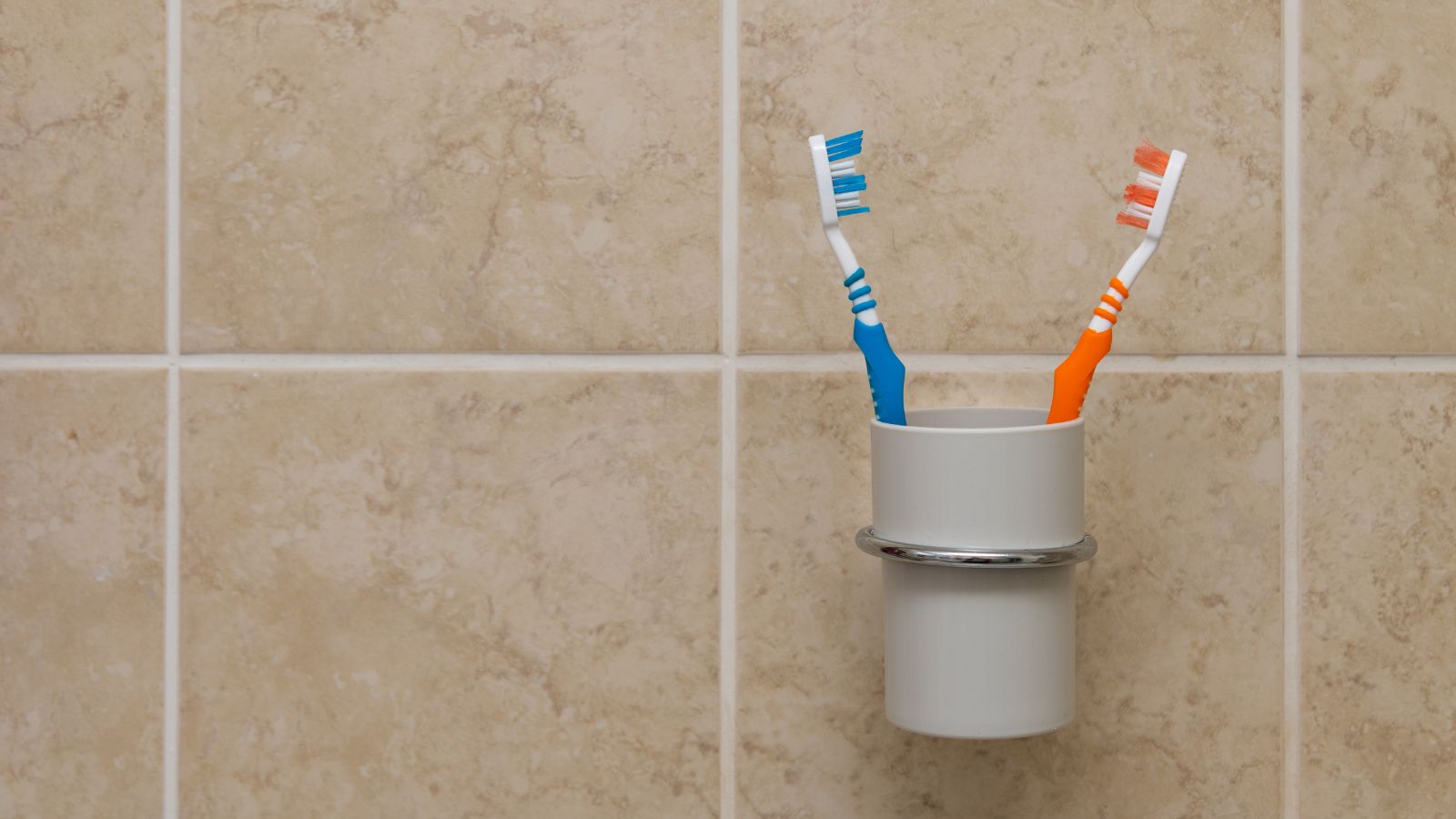
Toothbrushes help clean bacteria from our mouths, but as toothbrush holders accumulate water and residue from our daily cleanup, they provide the perfect environment for bacteria to multiply. Hence, it’s no surprise why they’re on our list. You should either clean your toothbrush holder multiple times weekly or use a UV toothbrush sanitizer to keep your brush clean.
Cutting Boards
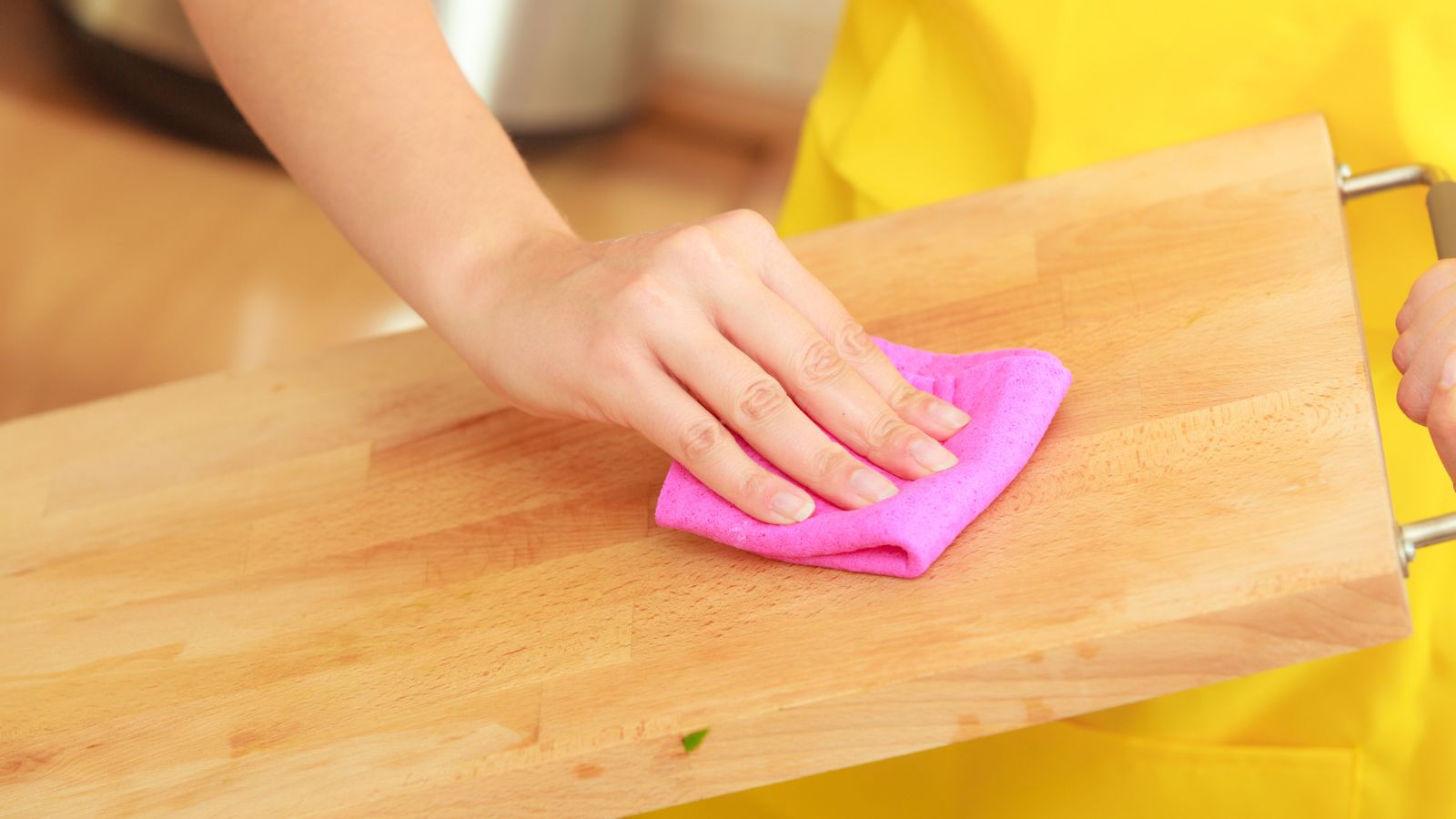
Cutting boards are great breeding grounds for germs, especially when it comes to bacteria like Salmonella, E. coli, and Listeria found in meats. These expose you to the risk of cross-contamination with every food you cut. As a precautionary measure, it’s better to use plastic boards for meat and wooden boards for fruits and vegetables.
Shower Curtains
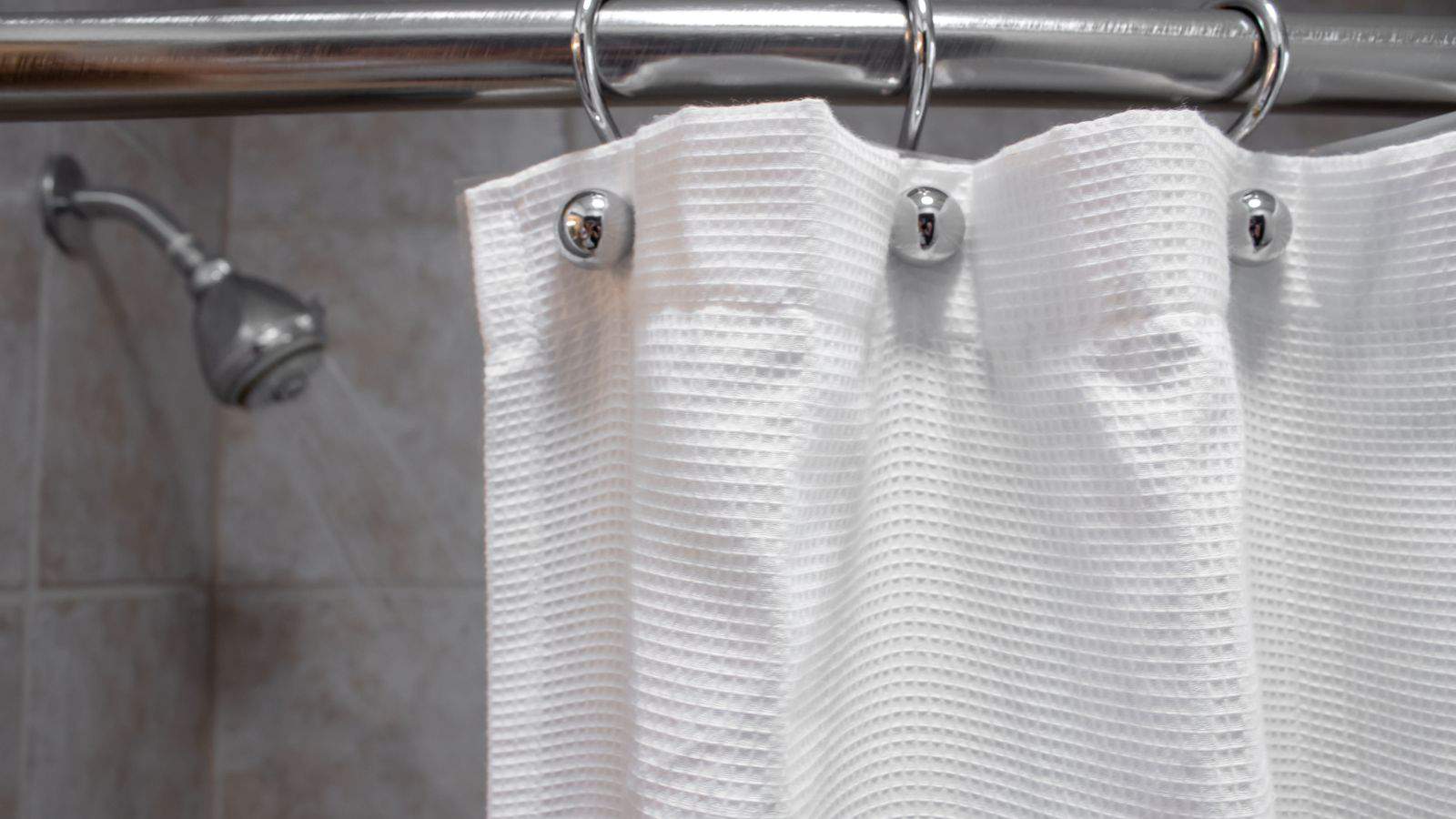
Shower curtains, especially those made of fabric, can collect mold and bacteria and may even have more germs than your toilet. You can wash or replace your shower curtain regularly to maintain a cleaner bathroom or opt for a mildew-resistant curtain and a liner that can be easily removed and washed separately.
Reusable Shopping Bags

Reusable shopping bags can collect germs from various sources, including grocery stores and public transportation. You’re most likely interacting with coliform and E. coli through them. Washing these bags regularly, especially after carrying perishable items, can help reduce the risk of contamination. You should also avoid placing reusable bags on kitchen counters to prevent germ transfer.
Remote Controls
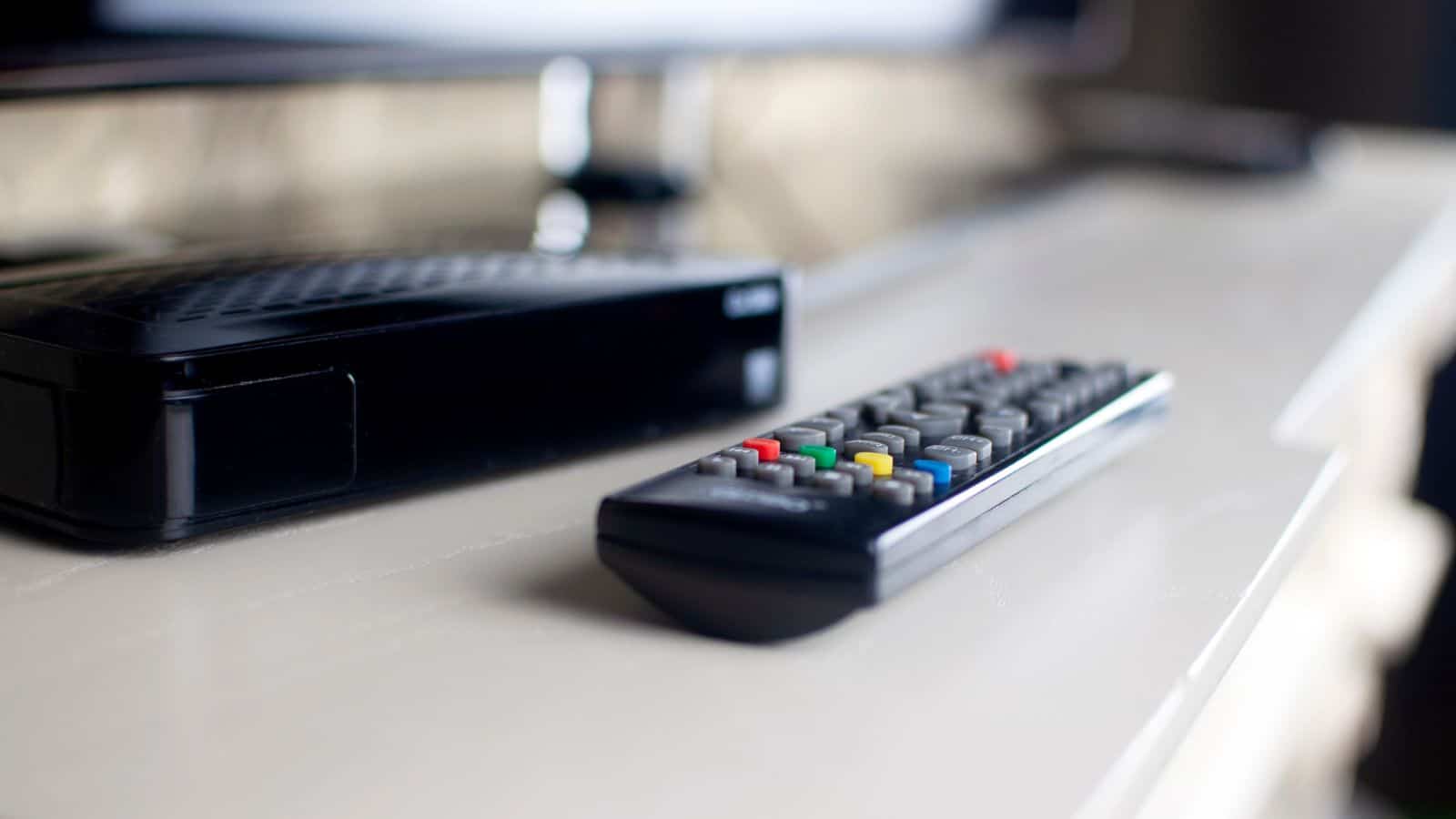
Remote controls are frequently touched but rarely cleaned, and they can collect a significant amount of germs. Wiping down remotes with disinfectant wipes regularly can help reduce the spread of bacteria and viruses in your home. Pay attention to the buttons and crevices where dirt can accumulate, and consider using a washable silicone cover for easier cleaning.
Kitchen Towels
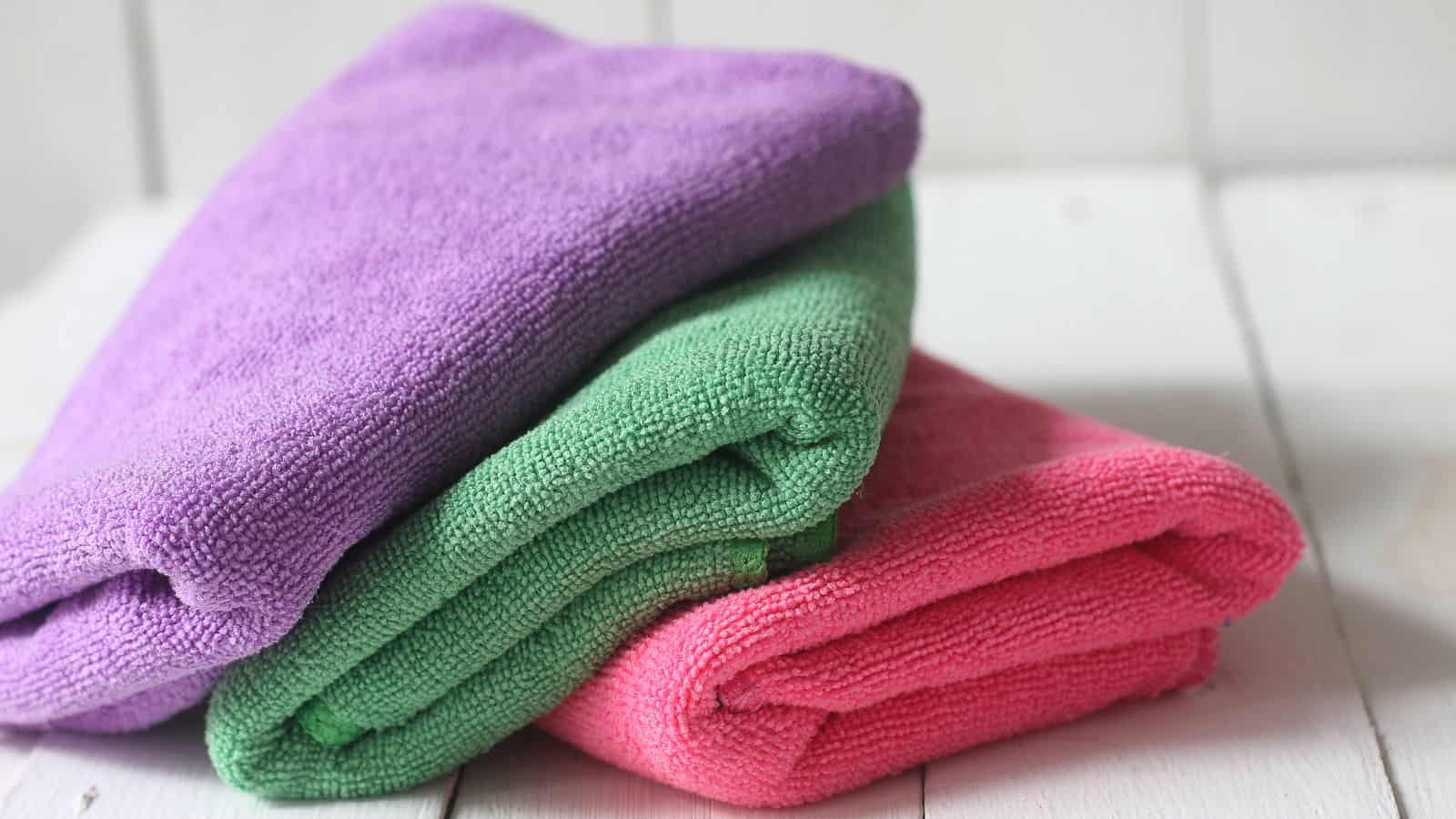
Kitchen towels are often used for multiple purposes, including drying hands and wiping counters, which makes them a hotspot for germs. Changing and washing towels frequently can help keep your kitchen cleaner. You can also use separate towels for different tasks to prevent cross-contamination and opt for towels with antimicrobial properties for added protection.
Bathroom Faucet Handles
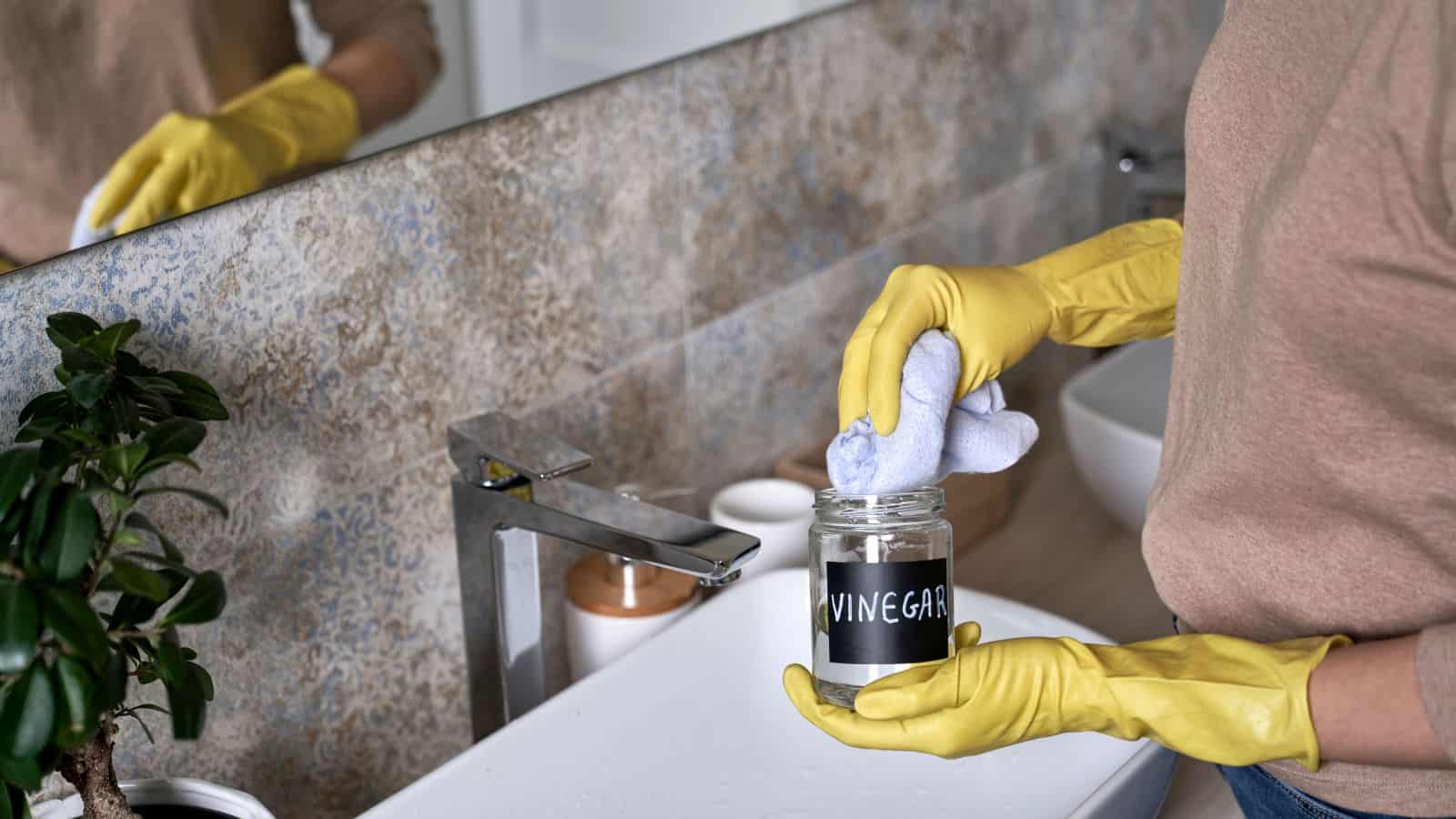
Bathroom faucet handles are touched before and after washing hands, making them a prime location for germs. While touchless faucets can be a more hygienic option for your bathroom, regularly disinfecting these handles can help reduce the spread of bacteria. If touchless faucets aren’t an option, disposable disinfectant wipes can be used for frequent cleaning.
Light Switches
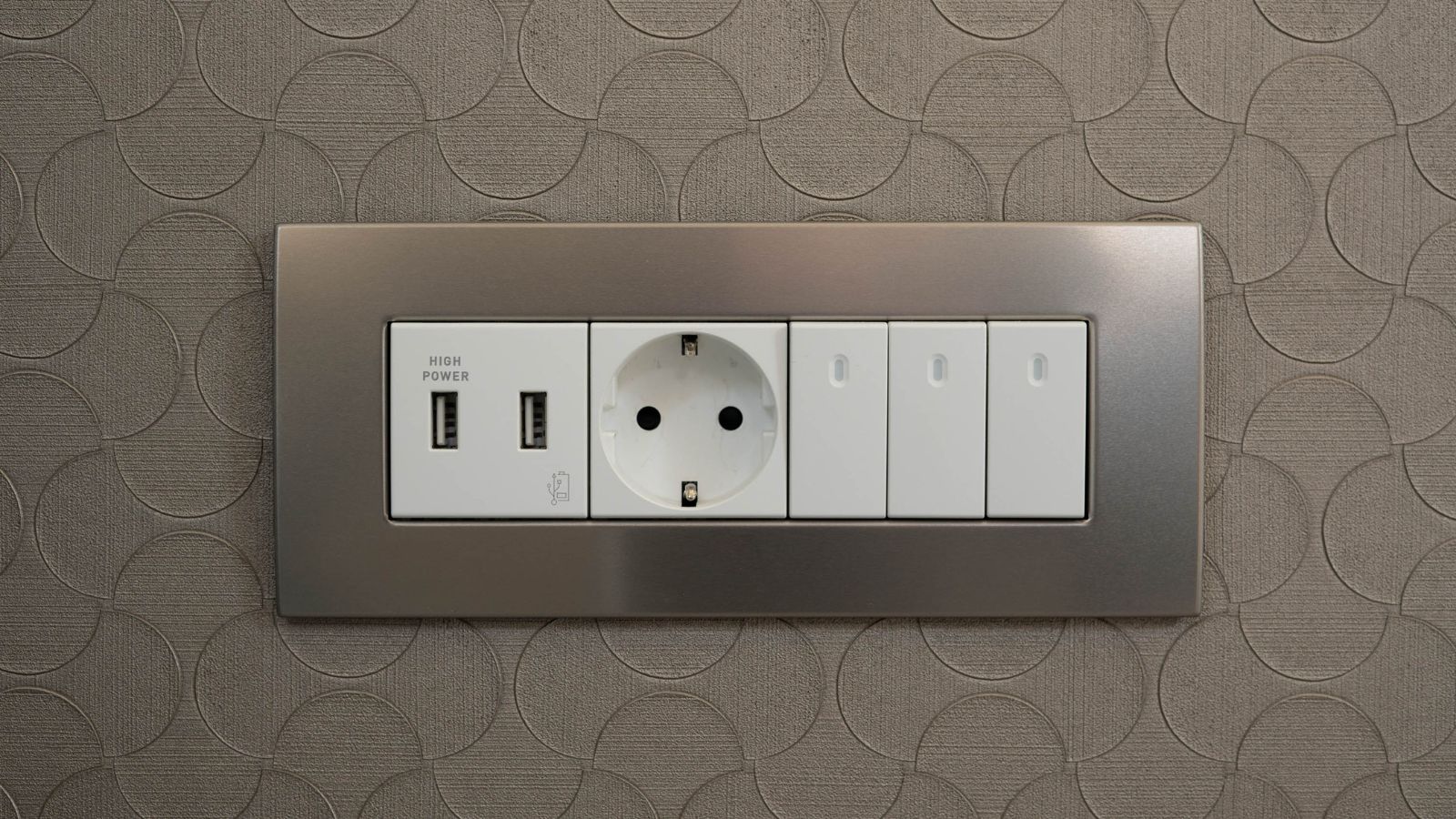
Light switches are frequently touched but often overlooked during cleaning, and germs can accumulate on their surfaces, especially in high-traffic areas. Wiping down light switches with disinfectant wipes can help maintain a cleaner home environment. Also, consider using antimicrobial light switch covers for added cleanliness.
Cell Phones

Cell phones go everywhere with us, collecting germs from various surfaces. Cleaning yours regularly with disinfectant wipes can help reduce the risk of spreading bacteria and viruses. Consider using a phone sanitizer device for a more thorough clean, and help yourself further by keeping your phone in an easily cleaned case.
Computer Keyboards

Computer keyboards can harbor germs, especially if you eat or drink near them. So, it’s also important to regularly clean your keyboard with compressed air and disinfectant wipes to reduce the bacterial load. Pay attention to the spaces between keys, where dirt can accumulate, and also consider using a keyboard cover that can be easily disinfected.
Pet Bowls
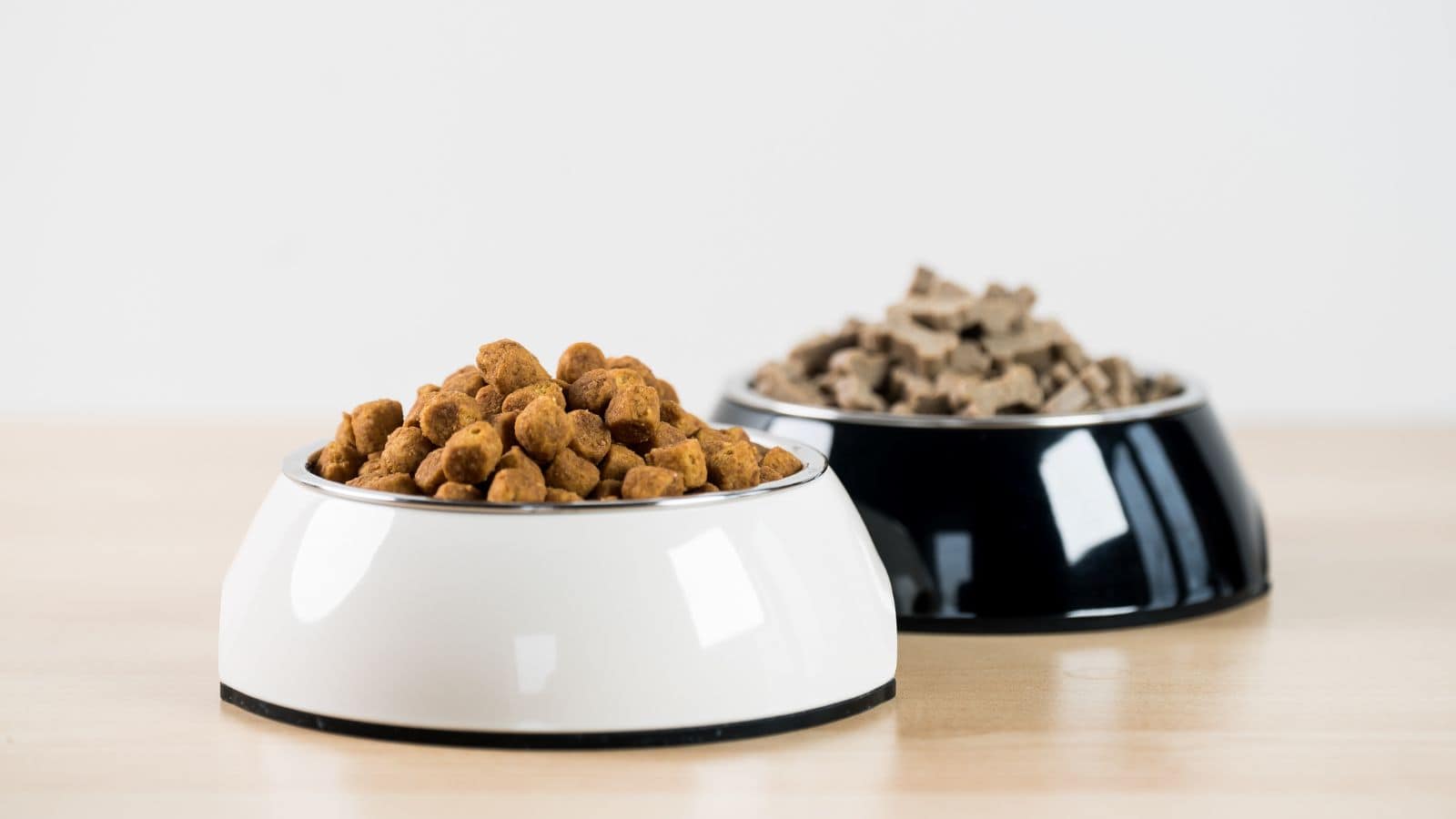
Pet bowls can become breeding grounds for bacteria if not regularly cleaned. It’s always better to wash pet bowls daily with hot, soapy water and sanitize them periodically to keep your pets healthier. Stainless steel or ceramic bowls are easier to clean than plastic ones, and elevated pet bowls can also reduce the risk of contamination.
Salt and Pepper Shakers

Often used during food preparation and meals, salt and pepper shakers can collect a surprising amount of germs. Cleaning them regularly with disinfectant wipes can reduce the spread of bacteria, and keeping them covered when not in use can also help. You can go one step further by opting for shakers with easy-to-clean surfaces.
Carpets and Rugs
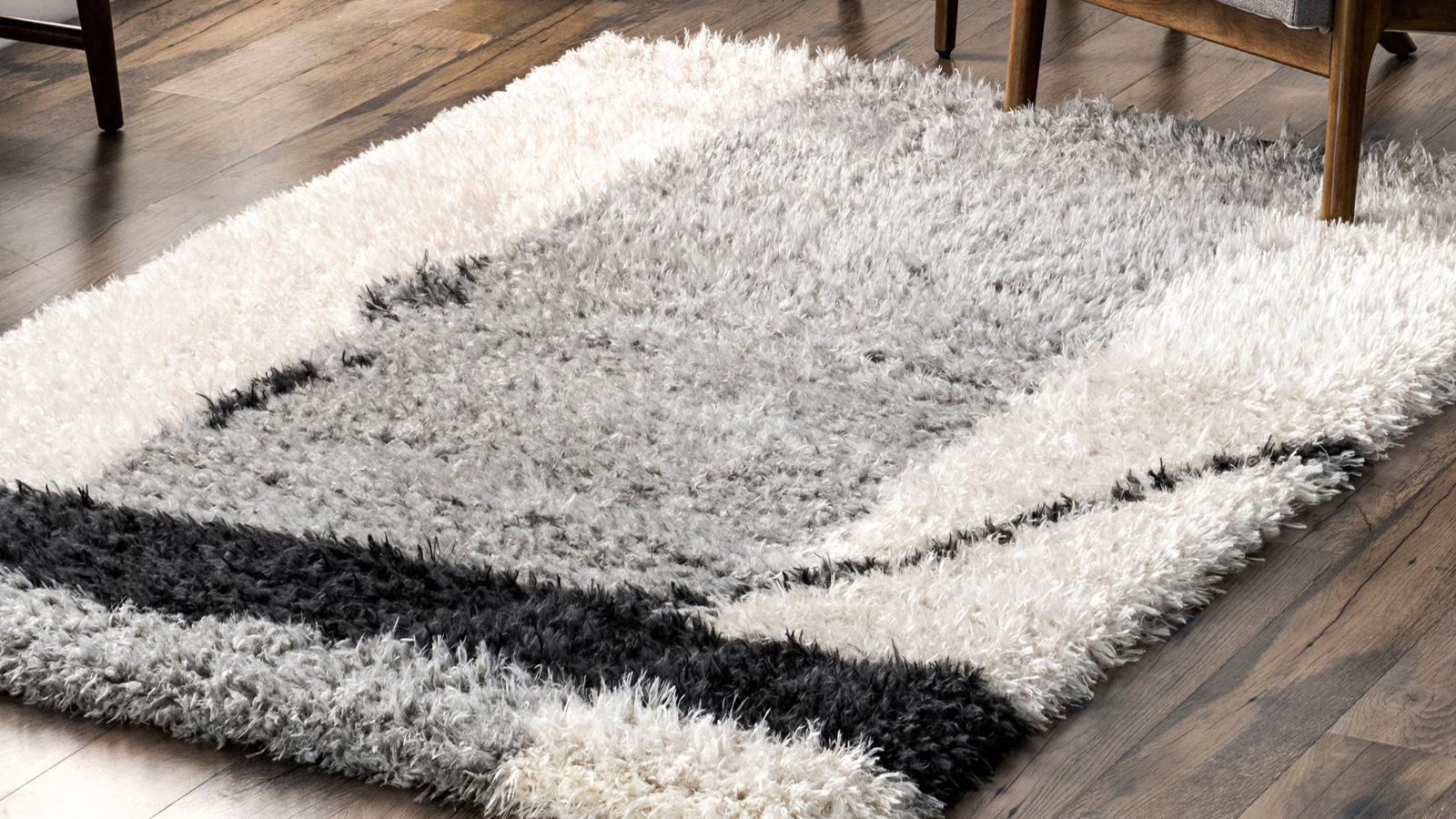
Carpets and rugs trap dirt, dust, and bacteria, especially in high-traffic areas. This is why regular vacuuming and professional cleaning are important to maintain a healthier home. Consider using rugs that are machine-washable or easier to clean, and also steam clean your carpets to kill germs effectively and remove deep-seated dirt.
Coffee Makers

Coffee makers, especially the water reservoirs, can harbor mold and bacteria if not cleaned regularly. It’s also crucial to descale your coffee maker monthly and wash removable parts to keep it germ-free. Using filtered water can also reduce the buildup of mineral deposits, and running a cycle with a vinegar solution can eliminate mold and bacteria.
Handles and Doorknobs
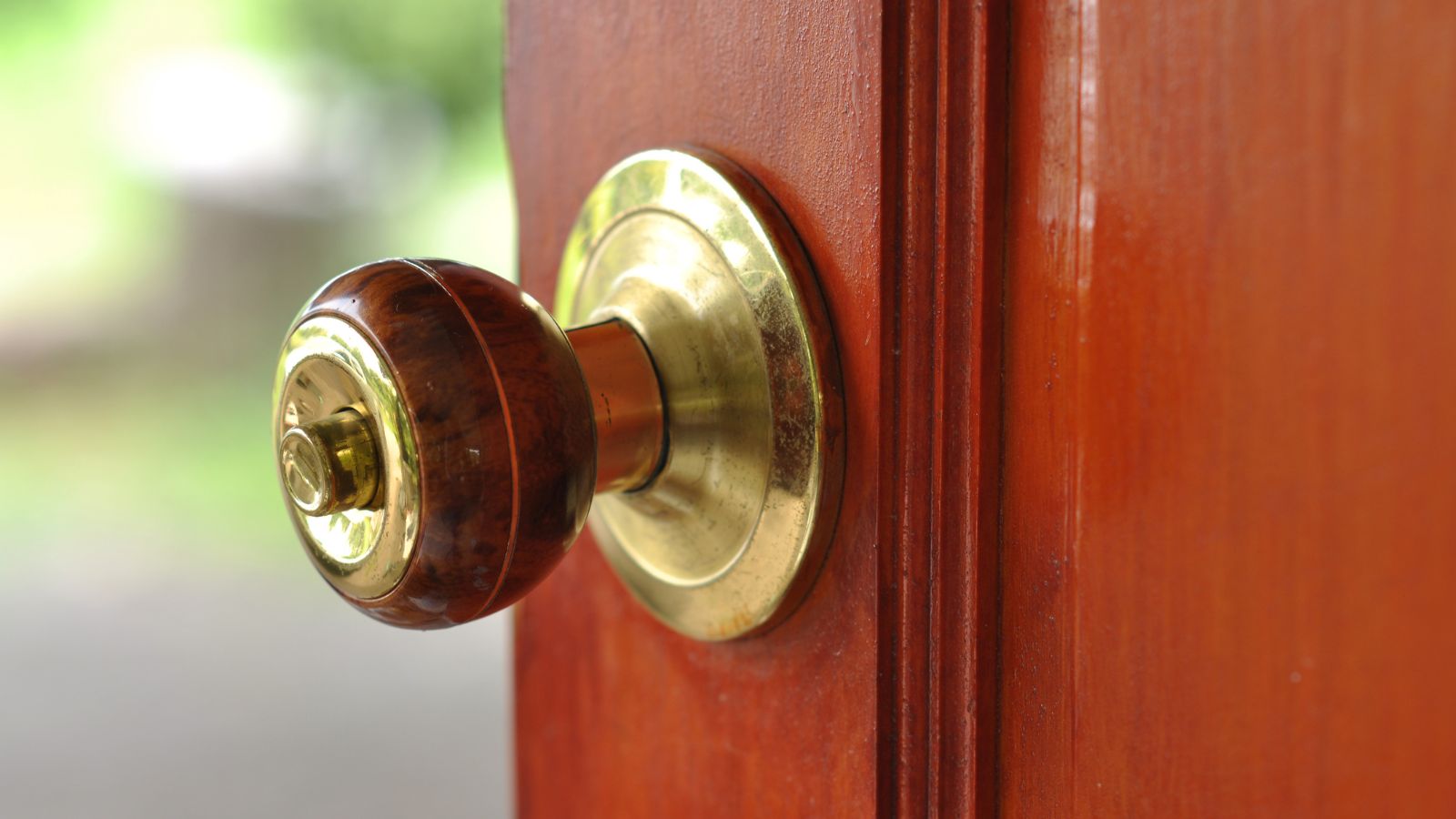
Handles and doorknobs are frequently touched and can harbor germs. To reduce the spread of bacteria, regularly disinfect these surfaces and consider using antimicrobial coatings or materials for them as high-touch areas. Installing hands-free door openers on frequently used doors can also help maintain cleanliness.
Laundry Baskets
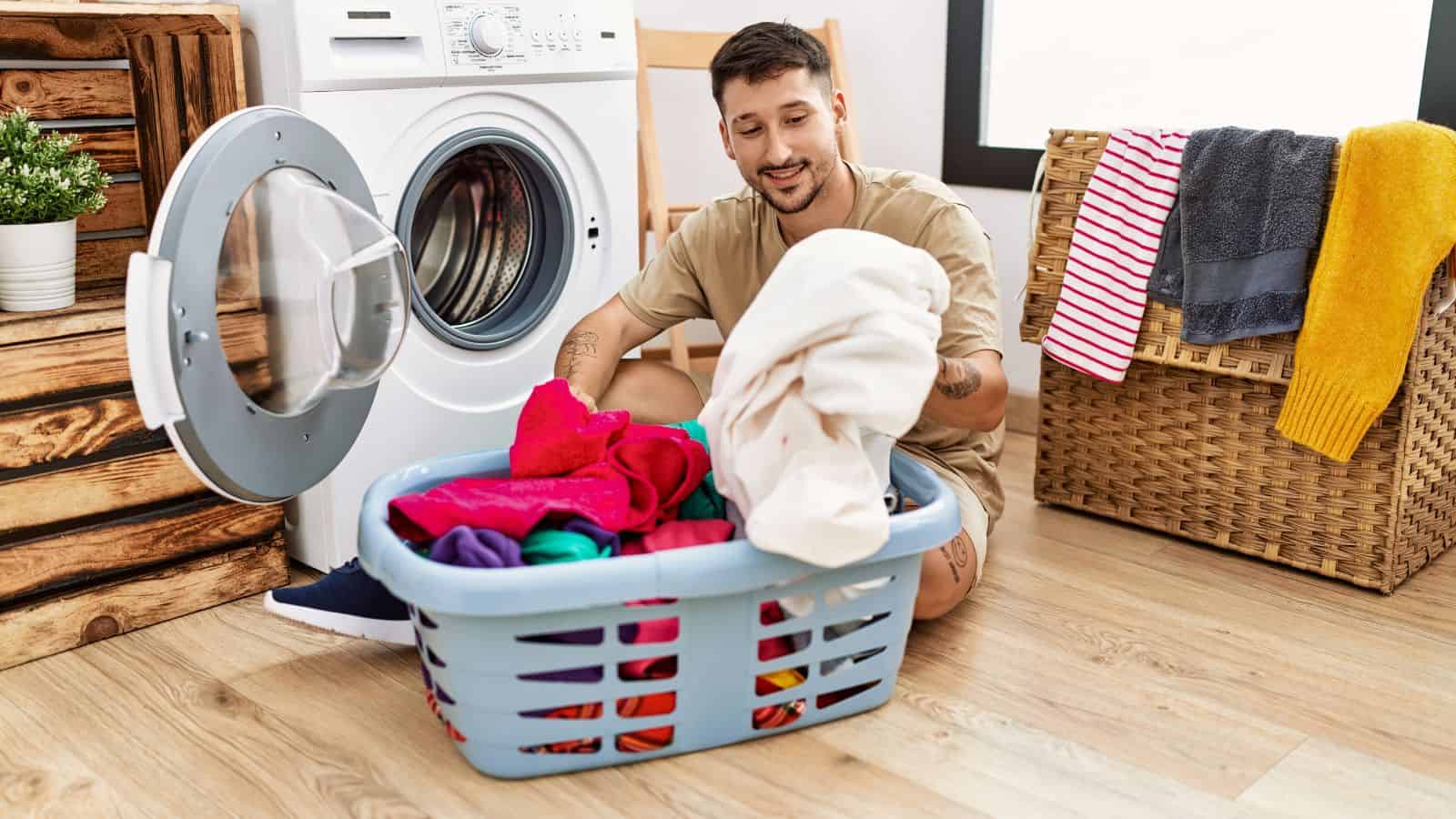
Laundry baskets can accumulate germs from dirty clothes and other items. Because of this, wiping down the basket and washing removable liners regularly is also important to reduce bacterial buildup. Using a separate basket for clean clothes can also help prevent cross-contamination, and choosing baskets with breathable materials can help reduce moisture and mold.
Vacuum Cleaners
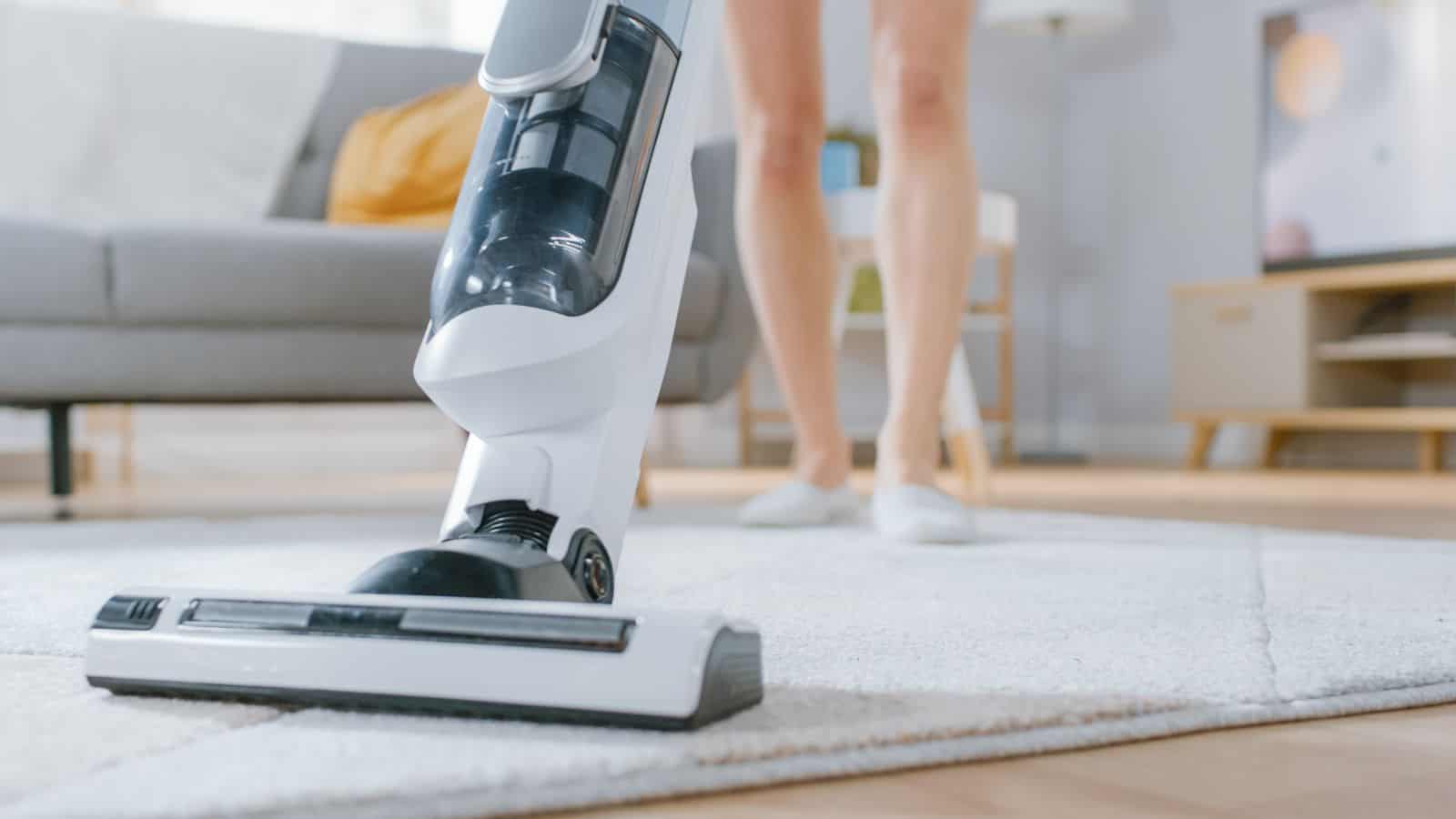
Vacuum cleaners can spread germs if they are not maintained properly. You can keep yours clean by emptying the dust container, replacing bags regularly, and cleaning the filters. Consider using a vacuum with a HEPA filter for better air quality, and to further reduce germ spread, always disinfect the vacuum’s attachments, too.
Dishwashers
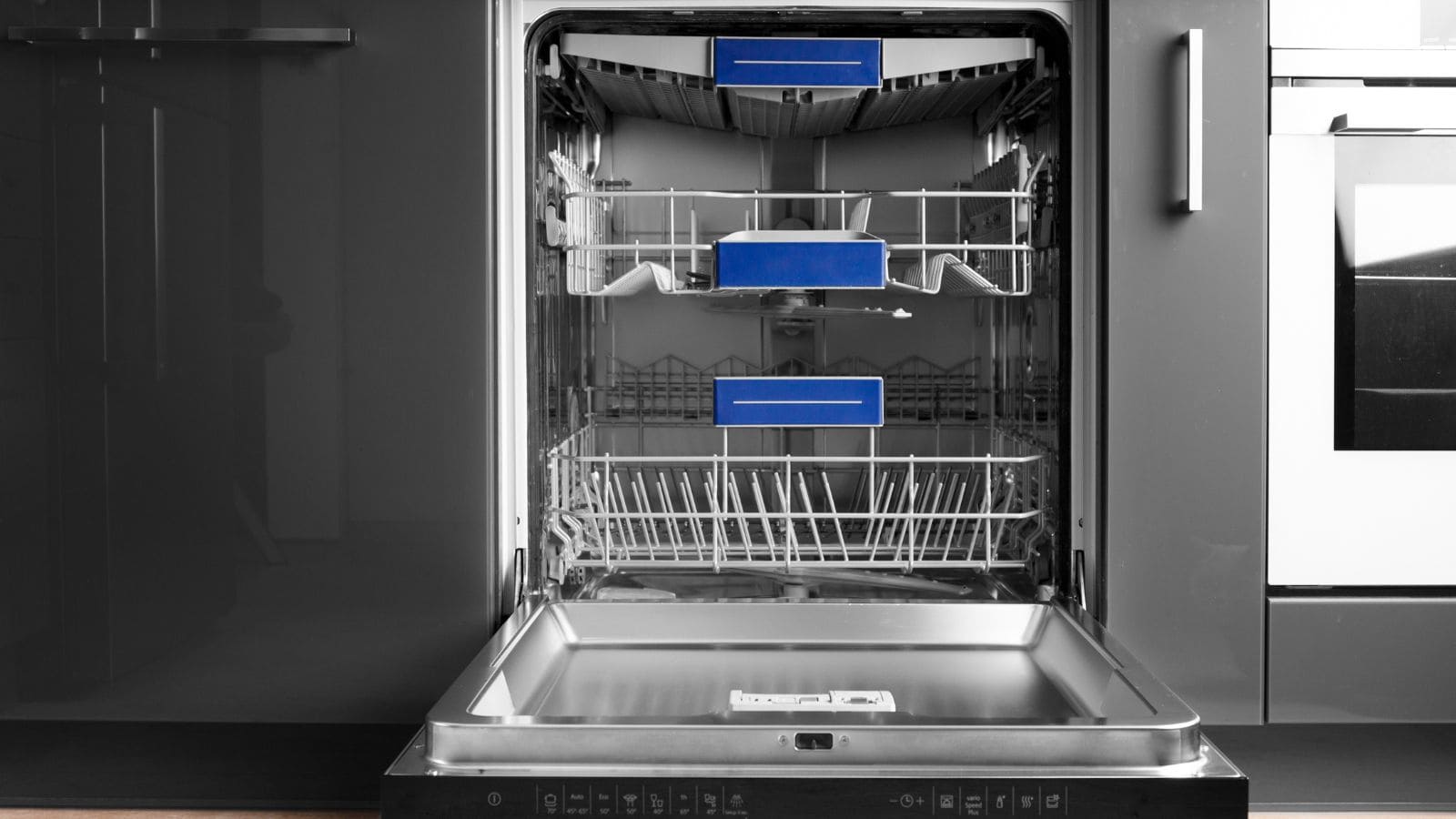
Dishwashers can harbor mold and bacteria, especially in the seals and filters. Thankfully, running an empty cycle with vinegar or a dishwasher cleaner monthly can help keep it sanitary. Cleaning the seals and filters regularly is also important for maintaining a hygienic appliance. You should also ensure dishes are rinsed before loading to reduce food particle buildup.
Pillowcases
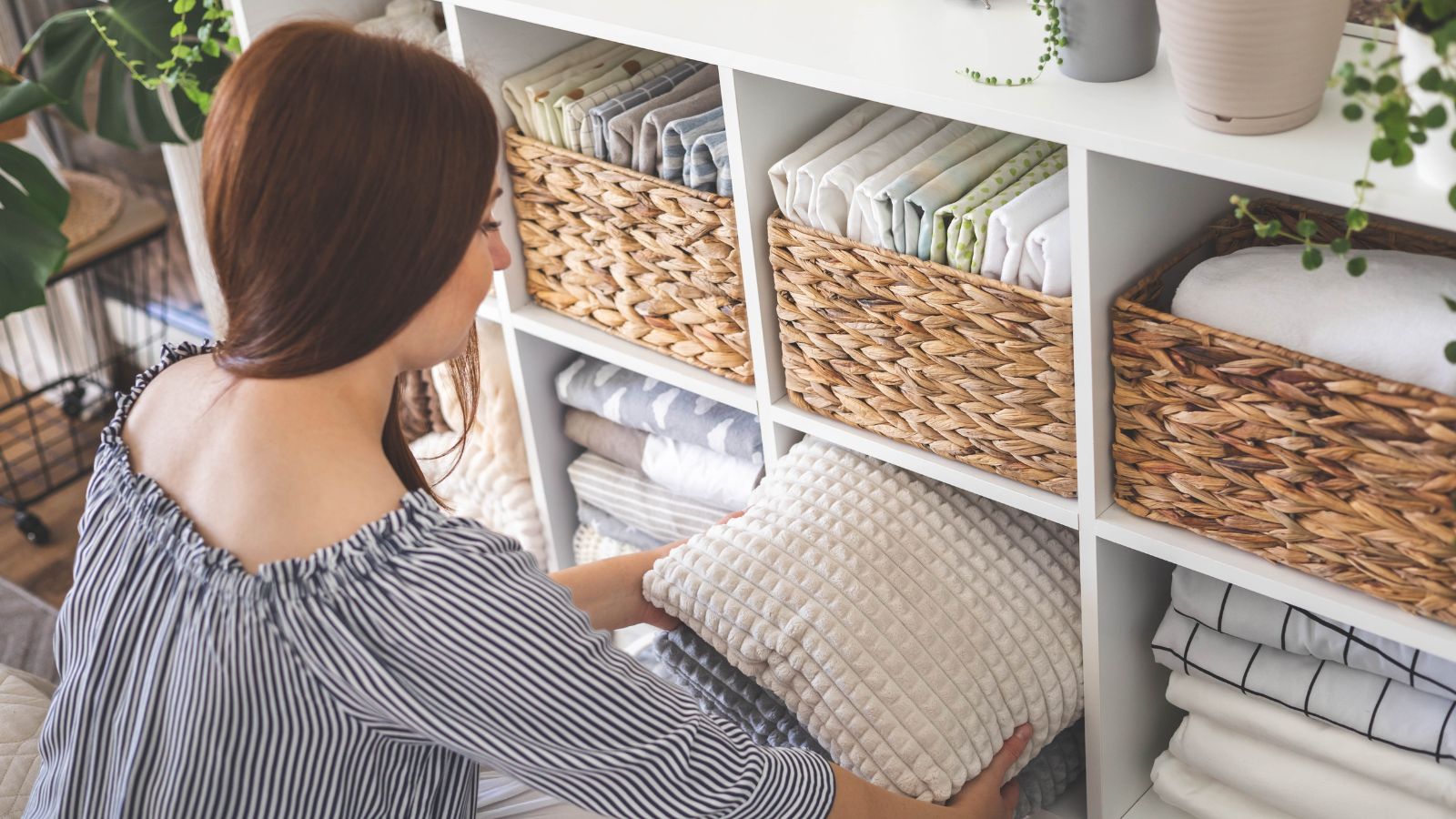
Pillowcases can collect oils, sweat, and bacteria from your skin and hair. This is why washing them regularly, ideally once a week, is important to maintain a clean sleeping environment. Using hypoallergenic pillowcases can also reduce the accumulation of allergens and bacteria, and changing pillowcases more frequently if you have acne or sensitive skin has even more benefits.
Up Next: 19 Things You Didn’t Realize Are Against The Law

Most laws are common sense, like those involving theft, property damage, or violence, but there are many lesser-known regulations that most people aren’t even aware of. This article reveals 19 illegal acts that may inadvertently turn you into a common criminal. Remember, ignorance of the law is no excuse for breaking it!
19 Things You Didn’t Realize Are Against The Law
18 Most Common Reasons Why Women Leave Their Husbands

All women have different preferences when it comes to their relationships and marriages. However, there are many universal behaviors, traits, and habits that commonly drive them to divorce. This list unveils the 18 most common reasons why women leave their husbands.
18 Most Common Reasons Why Women Leave Their Husbands
17 Behaviors That Make People Think Less of You

If you want to be accepted by those around you, you have to behave in certain ways. Obviously, you should still be yourself, but there are certain social ‘rules’ people should abide by, like avoiding these 17 behaviors that make people think less of you.
